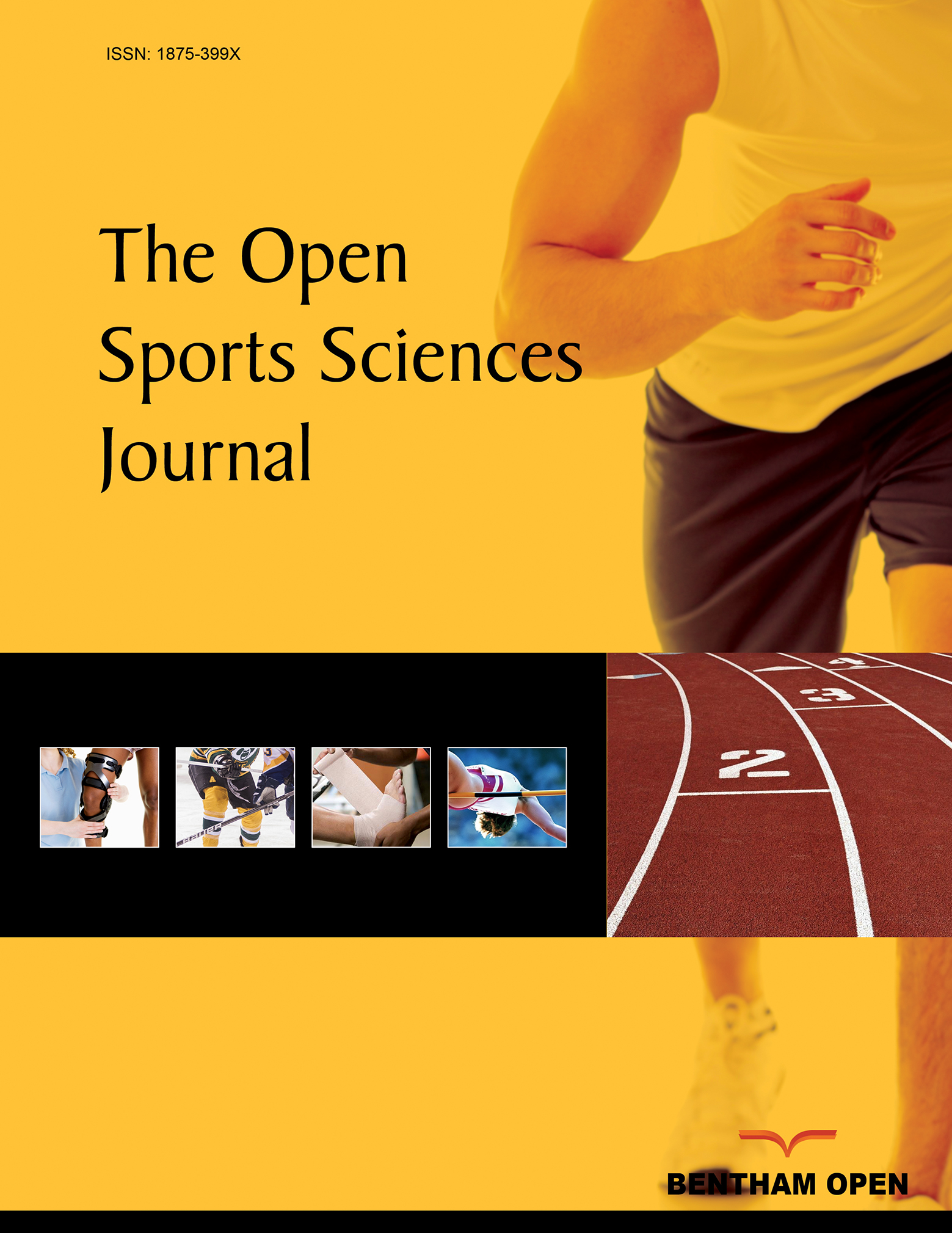All published articles of this journal are available on ScienceDirect.
Effects of Parkour Training on Health-Related Physical Fitness in Male Adolescents
Abstract
Background:
Many children become less active as they age which increases their risk of developing of chronic conditions. Traditional forms of physical activity may not be optimal for them. There is a need for more attractive form of training to try and increase physical activity levels and improve the fitness of children. The aim of this study was to determine the effects of performing parkour training on measures of cardiorespiratory fitness, strength and body composition in adolescents.
Methods:
Using a single-group design, 12 males (age 16 ± 2 yr, weight = 69 ± 12 kg, height = 177 ± 7 cm) took part in a controlled indoor parkour intervention 2 days/week for 10 weeks. Participants underwent cardiopulmonary exercise testing (CPET), strength testing and body composition assessment before and after the exercise intervention.
Results:
Peak oxygen uptake ( O2 peak) significantly increased from 50.0 ± 4.9 ml·min-1·kg-1 to 52.5 ± 4.3 ml·min-1·kg-1. Oxygen uptake at a standardized submaximal (10 km·h-1) running speed (
O2 peak) significantly increased from 50.0 ± 4.9 ml·min-1·kg-1 to 52.5 ± 4.3 ml·min-1·kg-1. Oxygen uptake at a standardized submaximal (10 km·h-1) running speed ( O210km/h ) significantly decreased from 37.7 ± 1.6 ml·min-1·kg-1 to 36.7 ± 1.9 ml·min-1·kg-1. Oxygen uptake at anaerobic treshold (
O210km/h ) significantly decreased from 37.7 ± 1.6 ml·min-1·kg-1 to 36.7 ± 1.9 ml·min-1·kg-1. Oxygen uptake at anaerobic treshold ( O2@AT) significantly increased from 38.4 ± 4.3 ml·min-1·kg-1 to 40.5 ± 3.9 ml·min-1·kg-1, heart rate at anaerobic treshold (HR@AT) and running speed at anaerobic threshold. We also found a significant increase in standing broad jump from 234 ± 29 cm to 251 ± 23 cm and bent arm hang from 34 ± 24 s to 37 ± 24 s.
O2@AT) significantly increased from 38.4 ± 4.3 ml·min-1·kg-1 to 40.5 ± 3.9 ml·min-1·kg-1, heart rate at anaerobic treshold (HR@AT) and running speed at anaerobic threshold. We also found a significant increase in standing broad jump from 234 ± 29 cm to 251 ± 23 cm and bent arm hang from 34 ± 24 s to 37 ± 24 s.
Conclusion:
Parkour training is an effective intervention to improve cardiorespiratory fitness and strength in adolescent males. Parkour is a viable form of physical activity to improve the health and fitness of children and adolescents.


